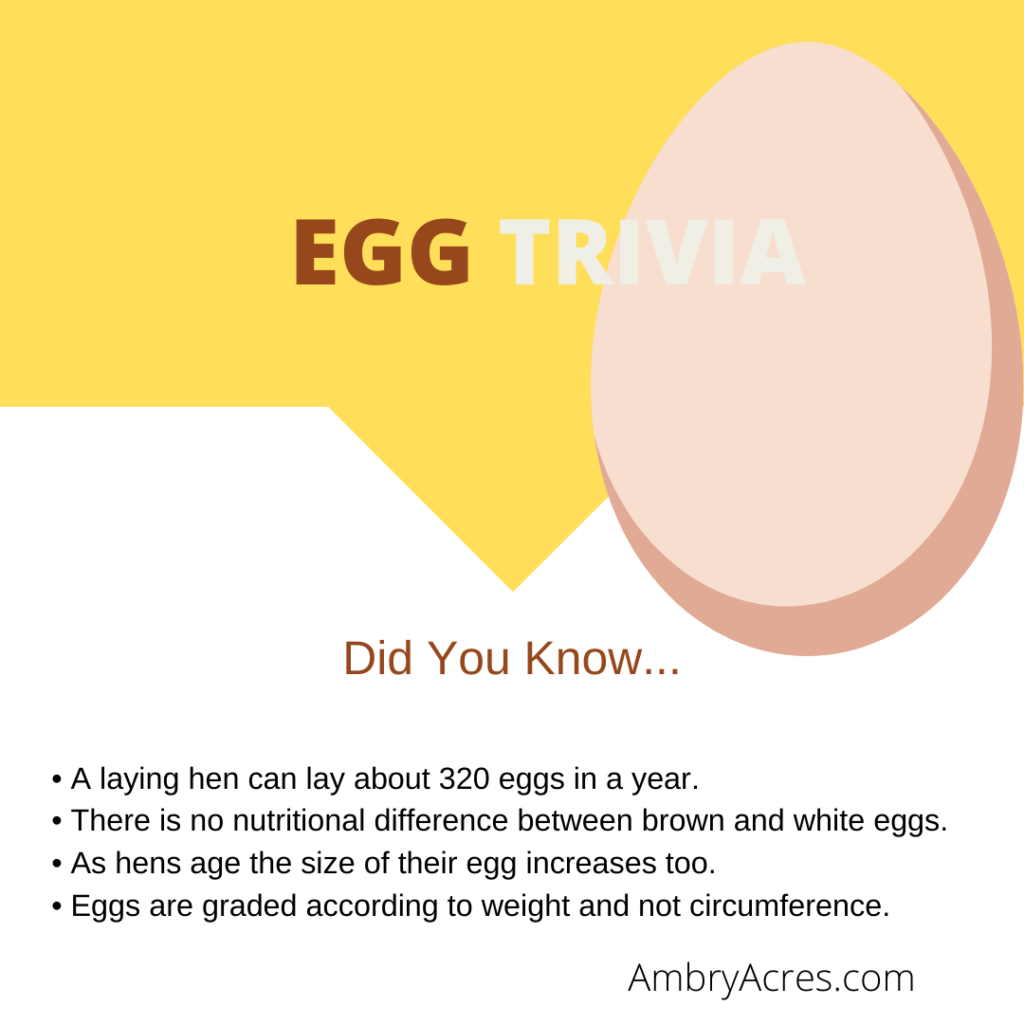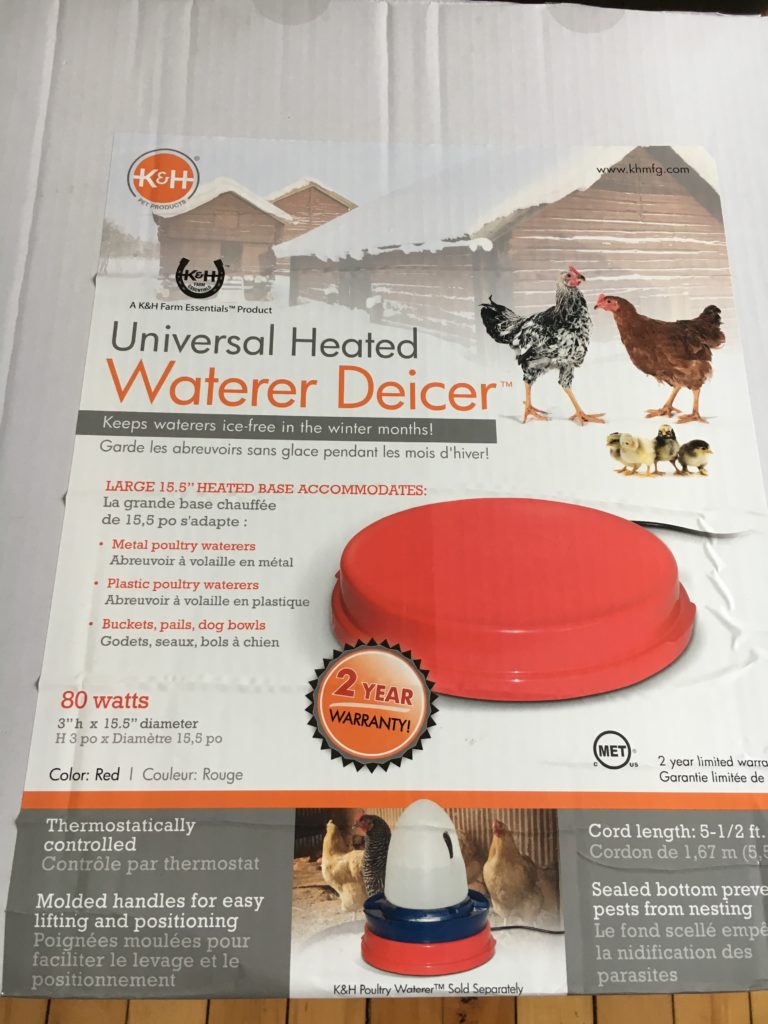Ungraded Eggs are produced on a Farm that is not selling eggs to the Store therefore the eggs are not sized nor packed at a grading station that is registered with the Canadian Food Inspection Agency. Eggs that are ungraded are safe to eat. These ungraded eggs are not supplied to stores.
Understanding Eggs and How and Why They are Graded
Graded Eggs Compared to Ungraded Eggs. What’s the Difference?
UNGRADED EGGS
An ungraded egg is an egg that has been produced on the farm. There are many rules and regulations in place to ensure that eggs are produced and sold in a safe manner that must be followed. Ontario Producers must fall into specific programs allowing them options as to where they can sell their eggs. We, at Ambry Acres, raise laying hens to sell through our Farm Gate to Family, Friends and Neighbours. Our Eggs have not been processed at a registered grading station.

Are ungraded eggs safe to eat? Understanding eggs. Eggs are collected every day from the chicken coop. They are hand collected, washed and labelled. These ungraded eggs are safe to eat. The difference is that to sell eggs in Canada, eggs must be graded, sized and packed at a grading station that is registered with the Canadian Food Inspection Agency.
GRADED EGGS
In Canada, eggs are graded, sized and packed at a grading station that is registered with the Canadian Food Inspection Agency. All eggs are washed and sanitized in a high-speed washer that gently scrubs the shells. Egg quality is then examined using ‘candling’, which is a process that passes the egg over a bright light to make its interior visible. The grader checks the shell quality and size of the air cell, and confirms that the yolk is well-centered. Agriculture and Agri-Foods Canada sets the regulations and standards for egg grading, based on these criteria.
Grade A: Eggs have a clean and uncracked shell, a round and centered yolk, a firm white, and a small air cell. Grade A eggs are sold at retail for all Canadians to enjoy.
Eggs are then sized by weight, packaged into cartons and placed in refrigerated storage, until being shipped to retail stores and restaurants.
Grade B: Eggs have an uncracked shell that might have a rough texture, or a slightly flattened yolk, or a thinner white. These eggs are sold for commercial baking, or for future processing.
Grade C: Eggs have a cracked and/or stained shell, or a flattened yolk, or a watery white. Therefore, these eggs are only used in the production of processed egg products.
Source: eggs.ab.ca
Fun Egg Trivia





